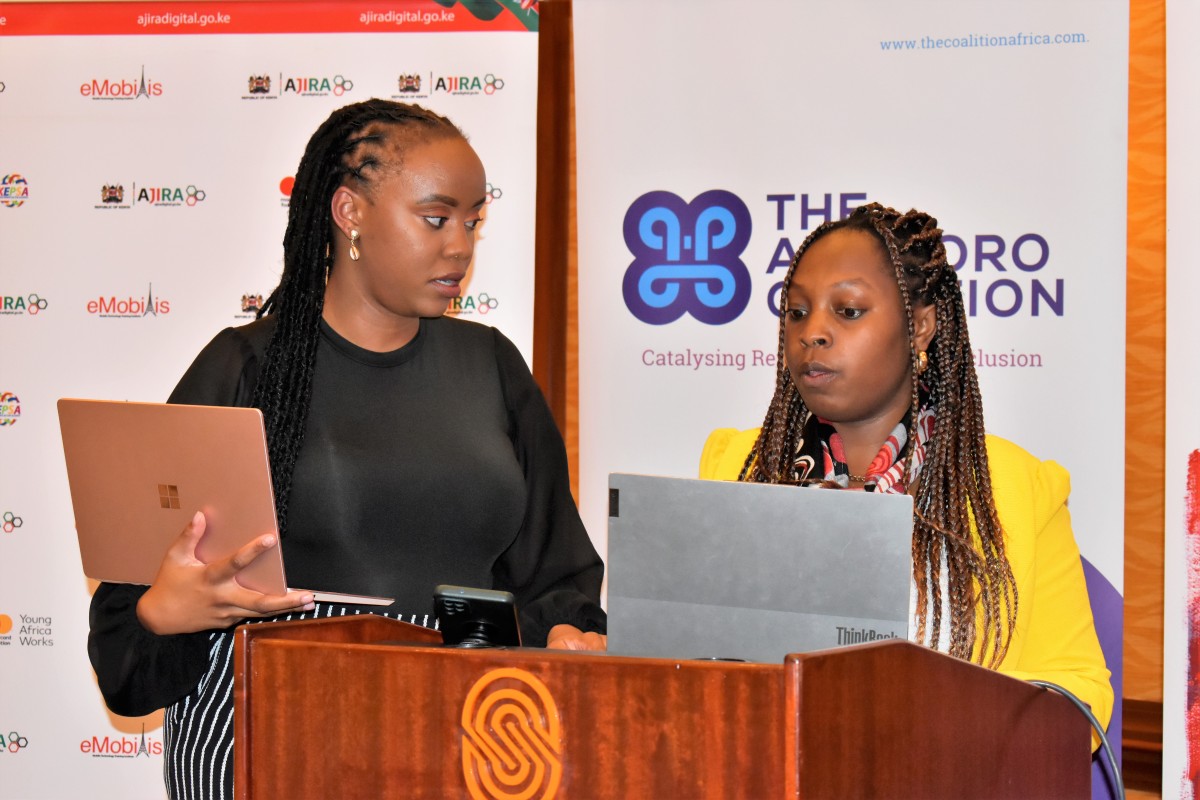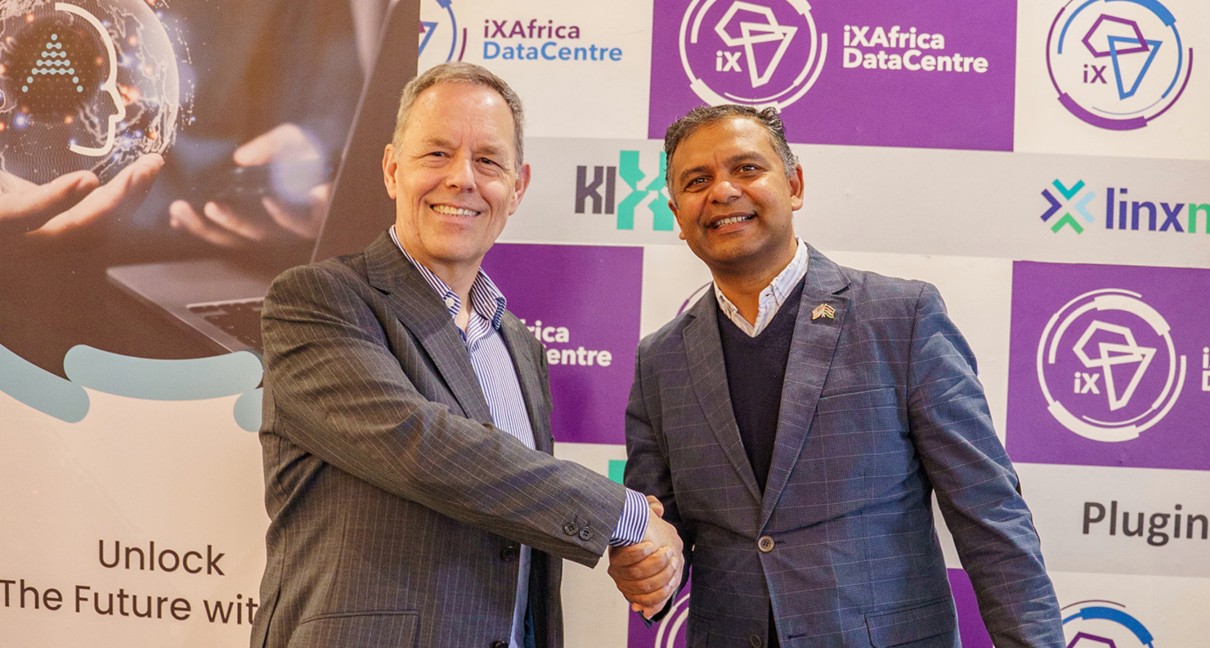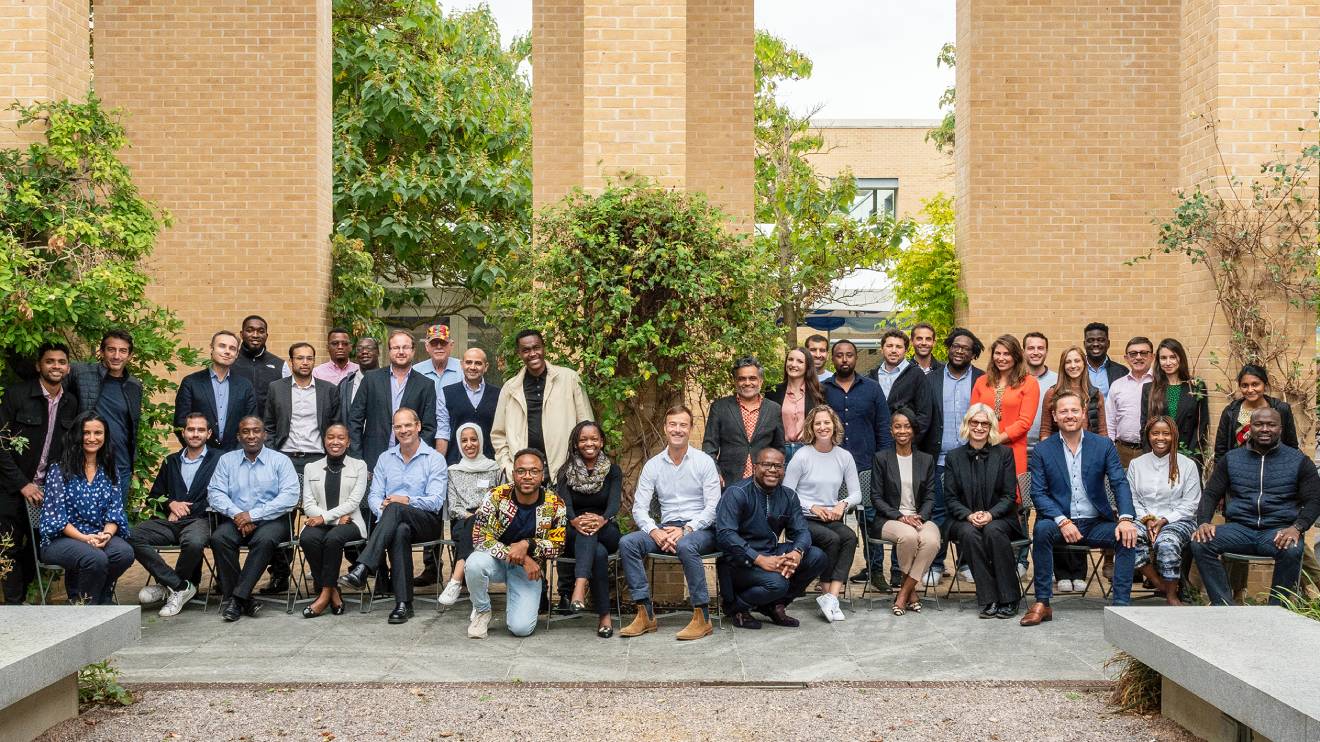Kenya Government’s Ajira Digital Program has partnered with Amahoro Coalition to link refugees in Kenya with work online and deliver business solutions for the private sector.
This was discussed during a roundtable of business executives in the private sector on the importance of digitizing business processes and outsourcing talent and services online from youth in Kakuma and Daadab refugee camps in Turkana and Garissa counties respectively.
Ajira Digital Program and Amahoro Coalition challenged Kenyan private sector to offer more than humanitarian aid to the more than 500,000 refugees in Kenya by including them in the digital workspace hence contributing to youth employment and economic growth.
The initiative enables youth with mobility and access challenges to pursue local digital and digital-enabled jobs beyond refugee camps without considering their gender or background.
Ajira Digital Program is being implemented by the Kenya Private Sector Alliance (KEPSA) and is funded by Mastercard Foundation and has fostered adoption of digital and online jobs in Kenya.
Read More
The program offers training in digital skills as well as mentorship free of charge to make it easier for young people in Kenya to transition to work in the digital space.
“We have a lot of talent waiting to be tapped among the refugee population in Kenya. We have seen many examples of bright but marginalized young people delivering quality work to global clients through online platforms,” said Dr. Ehud Gachugu, Project Director, Ajira Digital Program and Youth Employment at KEPSA.
He added, “Our aim is, therefore, to help grow and harness this talent to also deliver work for our local businesses, thus creating even more opportunities for refugees to add value not only in their local communities but also nationally.”
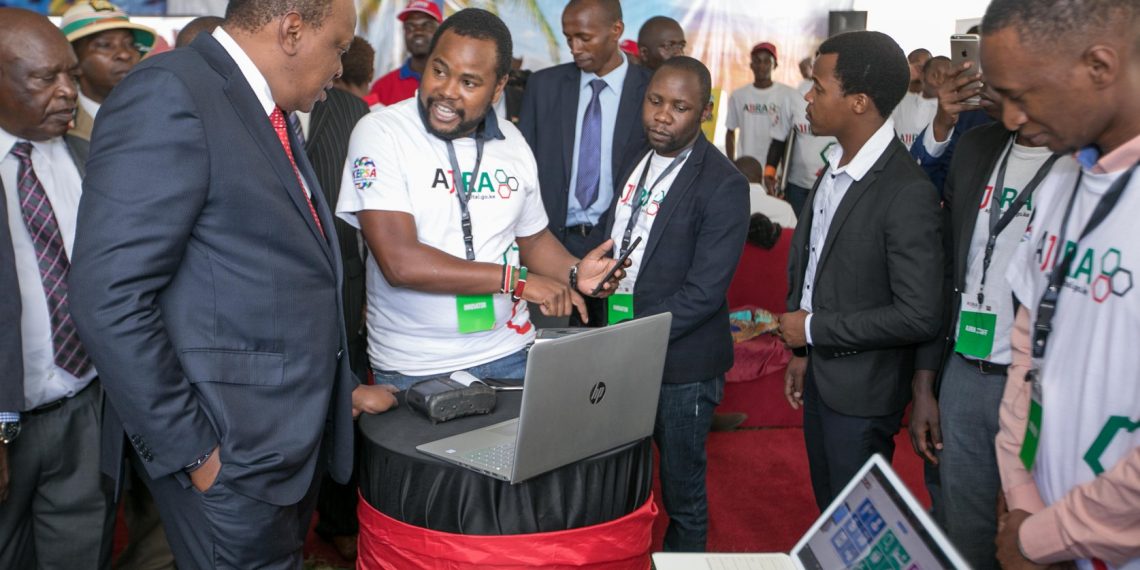
The Ajira Digital Program, which was tasked with making Kenya a digital freelancing hub by involving public and private sectors to support digitally skilled youth to access quality jobs, has so far recorded over 1.9 million Kenyans working online up from about 600,000 in 2020.
The 2022 Ajira Digital National Survey, “Private Sector Digital Outsourcing Practices in Kenya,” shows close to 9 million Kenyans know of available online and digital work opportunities.
The study further showed that 59 per cent of the private sector in Kenya is already outsourcing digital services with another 75 per cent planning to outsource in the future.
According to the study, other benefits of digital outsourcing for businesses include efficiency, reduction and management of overhead costs, access to specialized, technical, and professional skills, as well as business agility, hence greatly improving productivity.
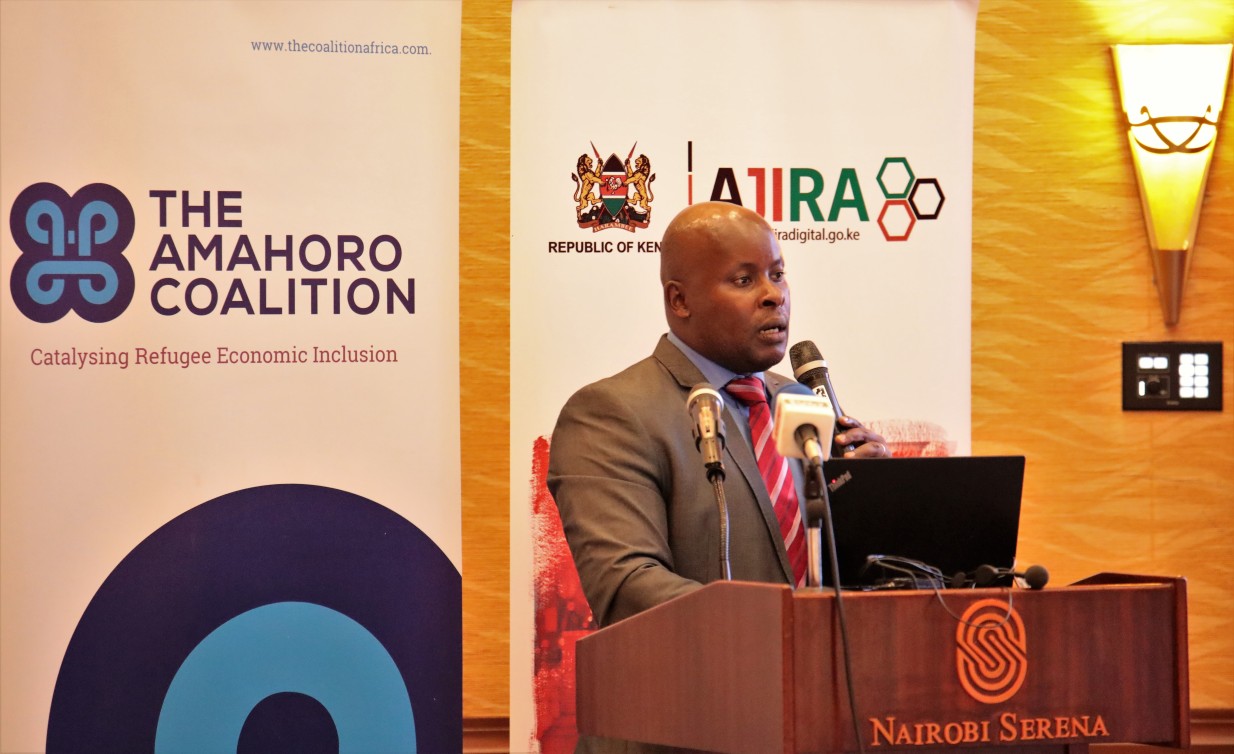
Valerie Karuwa, the Private Sector Partnerships Lead at Amahoro Coalition, appealed to private sector leaders to explore the vast talent pool and digital skills available within the refugee communities, also a potential captive market for inclusive business opportunities.
A study by the Amahoro Coalition and the International Trade Center (ITC) on ‘Kenya’s Private Sector Digital Outsourcing Landscape and Its Potential to Support Refugee Economic Inclusion’ revealed that a lack of awareness of the skills and potential available among refugees is the greatest hurdle to companies working with them.
“Refugee inclusion brings countless benefits including dynamism in entrepreneurship, customer loyalty, and reliability as borrowers, thus providing both a source and consumer market for businesses and states that include them,” Karuwa said.
She added: “The private sector through innovative business models can champion more sustainable and dignified ways for refugees to access economic opportunities while creating value for their own companies, thus contributing to economic empowerment not only for refugees but also for the local host communities.”
Mohamed Omar, CEO of Dadaab Collective, a digital work agency in Daadab refugee camp, appealed to the business community to tap into the potential of young people in camps to create economic and job opportunities for themselves in online and digital platforms.
“The Daadab Collective has over 200,000 registered refugees and asylum seekers with many of them earning their income from incentive work for international and local organizations, petty trade, and small-scale business enterprises. We know that many of these refugees have the technical capacity and experience in digital and digitally-enabled work and we urge the Kenyan private sector to strongly consider extending these work opportunities to realize the shared value and which will make a big difference in the quality of life of these marginalized communities,” Omar said.

